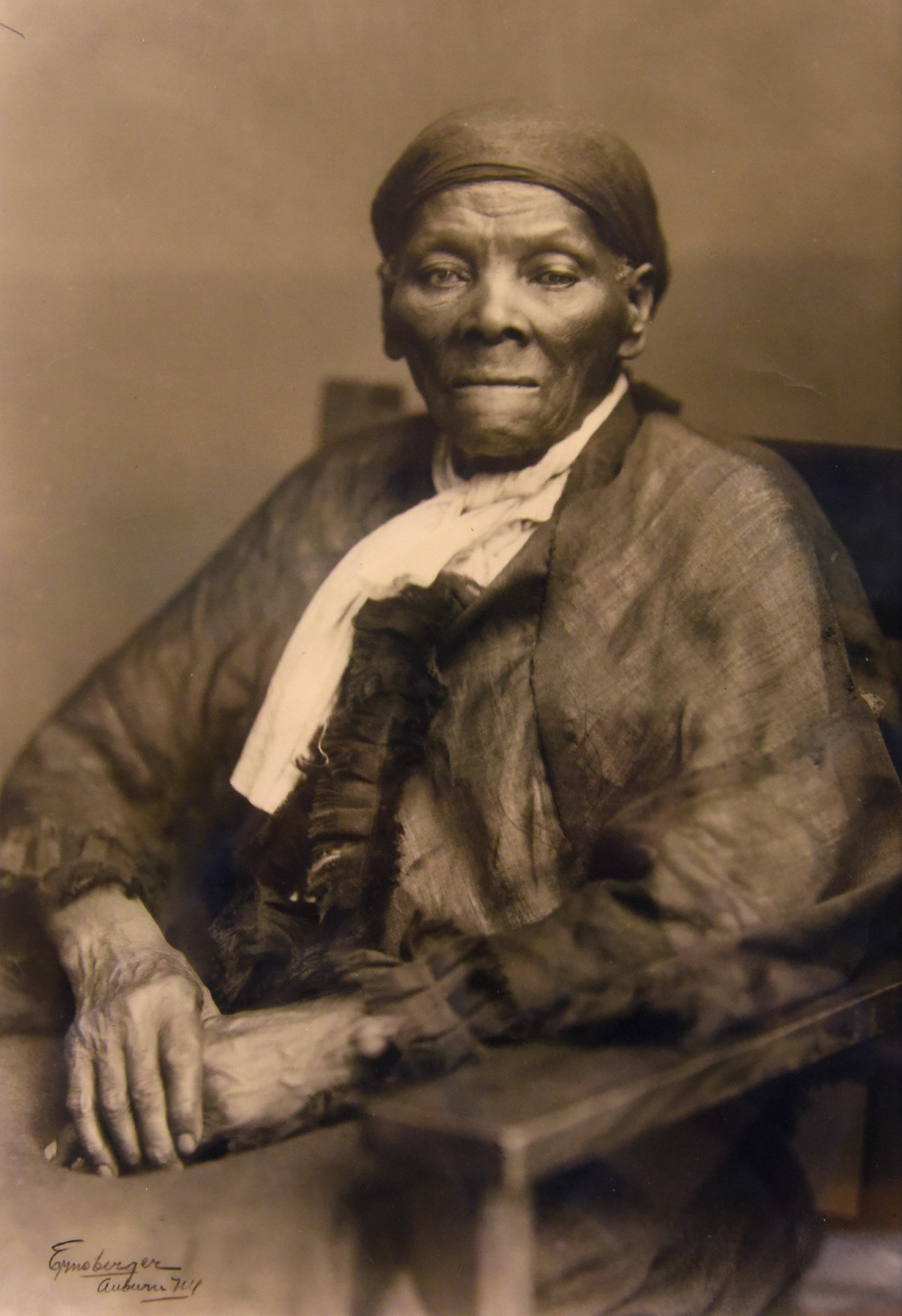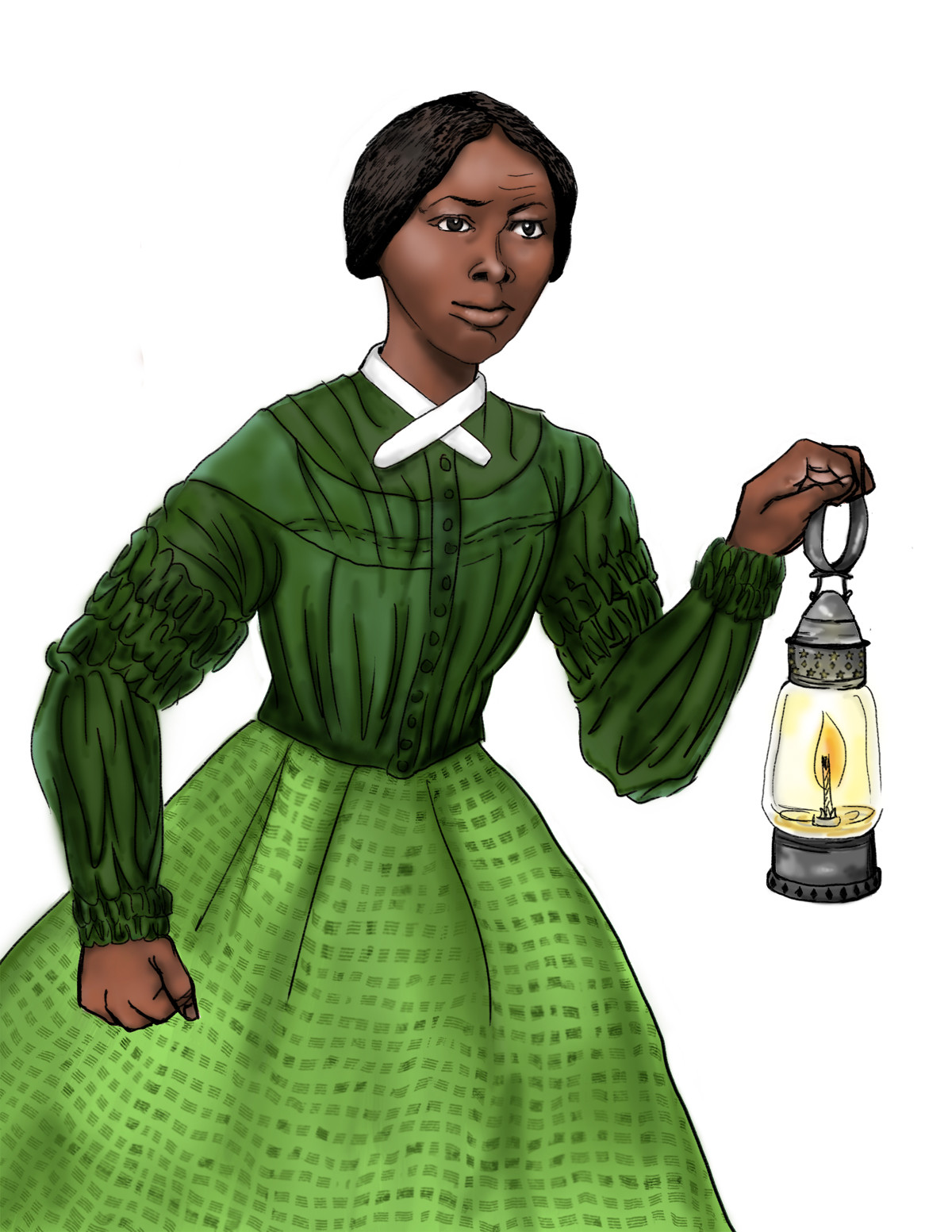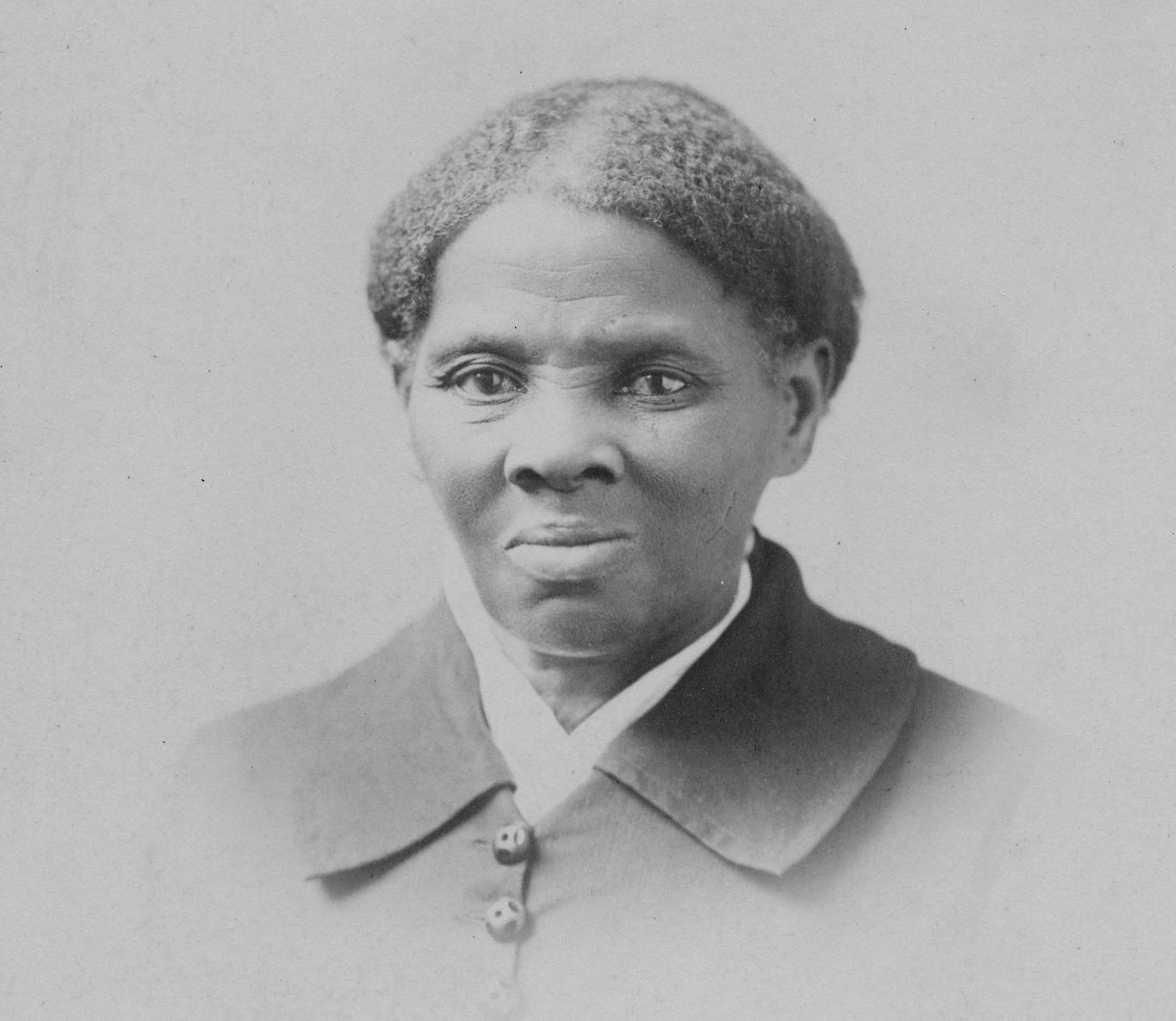Table of Contents
- The True Story Of Harriet Tubman's Only Child - Internewscast Journal
- Sandy Jacobs-Tolle - Harriet Tubman
- Midsommar 2024 Jeopardy Template
- Harriet Tubman | Harriet Tubman | MY HERO
- The True Story Of Harriet Tubman's Only Child - Internewscast Journal
- Harriet Tubman’s Eastern Shore Legacy
- Harriet Tubman: A Lesson on Character and Bravery | Scholastic
- Harriet Tubman's Inspiring Story for a New Generation - YouTube
- Sandy Jacobs-Tolle - Harriet Tubman
- Harriet Tubman Facts and Quotes | Black History | PBS

Harriet Tubman, a name that resonates with bravery, resilience, and determination, is one of the most iconic figures in American history. Born into slavery, Tubman defied the odds and became a beacon of hope for thousands of enslaved Africans, guiding them to freedom through the Underground Railroad. In this article, we will delve into the life of this extraordinary woman, exploring her early years, her journey to freedom, and her remarkable achievements.


Early Life (c. 1822-1849)

Harriet Tubman was born Araminta Ross around 1822 in Dorchester County, Maryland, to enslaved African parents. Her early life was marked by hardship and brutality, with Tubman suffering physical and emotional abuse at the hands of her enslavers. Despite these challenges, she developed a strong sense of faith and determination, which would later drive her to fight for her freedom and the freedom of others.


Escape to Freedom (1849)

In 1849, Tubman made the bold decision to escape to freedom, using the Underground Railroad, a network of secret routes and safe houses used by enslaved individuals to escape to the North. With the help of abolitionists and sympathetic individuals, Tubman traveled over 90 miles to Philadelphia, where she found refuge and began to build a new life.

The Underground Railroad (1850-1860)
Tubman's experience on the Underground Railroad inspired her to become a "conductor" herself, helping hundreds of enslaved individuals escape to freedom. She made approximately 13 trips back to the South, using her knowledge of the railroad and her courage to evade capture. Tubman's work on the Underground Railroad earned her the nickname "Moses," and she became a legendary figure in the fight against slavery.

Civil War and Later Life (1861-1913)
During the American Civil War, Tubman worked as a nurse, cook, and spy for the Union Army. She became the first woman to lead a military expedition in the war, guiding a group of soldiers on a raid in South Carolina. After the war, Tubman settled in Auburn, New York, where she continued to fight for women's suffrage and civil rights. She passed away on March 10, 1913, at the age of 91, leaving behind a legacy of courage and determination.

Legacy
Harriet Tubman's life is a testament to the power of the human spirit. Her bravery, resilience, and selflessness have inspired generations of Americans, and her legacy continues to be celebrated today. In 2016, the U.S. Treasury announced plans to feature Tubman on the $20 bill, making her the first African American woman to be featured on U.S. currency. Her story serves as a reminder of the importance of fighting for freedom, justice, and equality, and her courage continues to inspire us to this day.
In conclusion, Harriet Tubman's life is a remarkable example of the human capacity for courage, resilience, and determination. From her early years as an enslaved child to her later years as a freedom fighter and civil rights activist, Tubman's journey is a testament to the power of the human spirit. As we reflect on her life and legacy, we are reminded of the importance of fighting for freedom, justice, and equality, and we are inspired to continue her work towards a more just and equitable society.
Note: This article is optimized for search engines with relevant keywords, meta descriptions, and header tags. The content is engaging, informative, and easy to read, making it perfect for online publication.